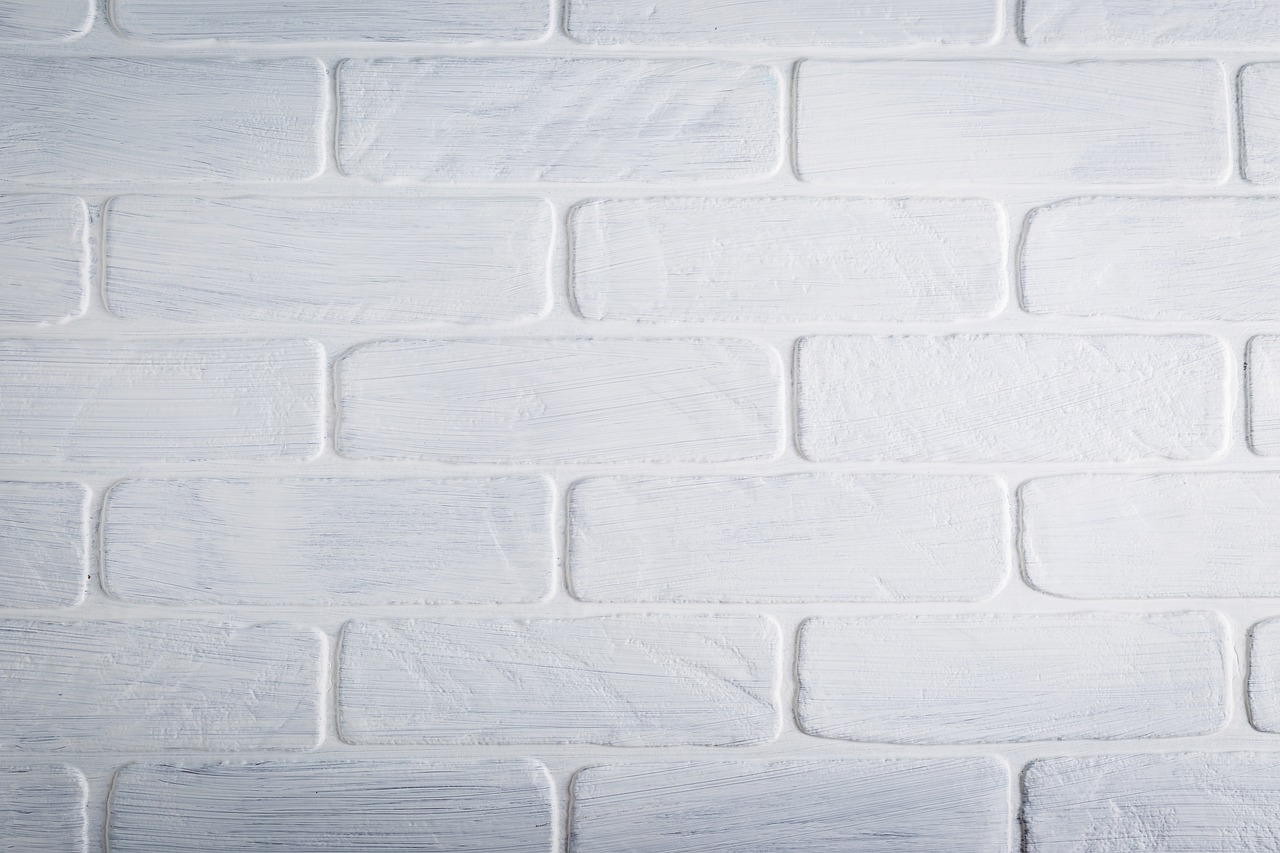I talk a lot about working to end the stigma around mental illness regarding the general public, but I never thought about addressing the internalized stigma that many diagnosed with a mental illness struggle with. I actually never even made the connection until recently. For months I’ve been depressed, but at a level where I am still able to function relatively well and most people haven’t noticed. However, the main symptom of this depression has been extreme exhaustion, coupled with unrelenting insomnia.
Even knowing that these are common and typical symptoms of depression, I have still been looking for other medical causes. The other night it hit me that even I, someone vocal about symptoms of mental illnesses being just as valid as other medical symptoms, was looking for a more justifiable reason for my exhaustion and insomnia. I wasn’t able to reconcile within myself that my bipolar disorder is reason enough for me to not be feeling 100%.
I’ve been going to specialists for sleep studies and physicals, running myself ragged, trying to find a more “serious” reason for my symptoms. It also hasn’t helped that my insurance company is still refusing to authorize the only treatment that has actually been proven to combat my depression because I’m not in bad enough shape. So if they are saying it’s not bad enough for psychiatric intervention, my next line of reasoning is that maybe, just maybe, it’s some other physical malady.
My internalized stigma has also come into play in other areas of my life. Trying to date has been an uphill battle. As unashamed of my bipolar disorder as I am, I still fear that disclosing it will be a turn-off. However, when I have, I’m always shocked at the positive or neutral reactions I receive. Seeing as 1 in 4 Americans are diagnosed with some mental illness, I shouldn’t be so shocked, yet I am.
This is all yet another issue, on the list of many, for me to work through. I’ve made the first step in recognizing it, but moving forward will be the hardest part.







Let me know what you think